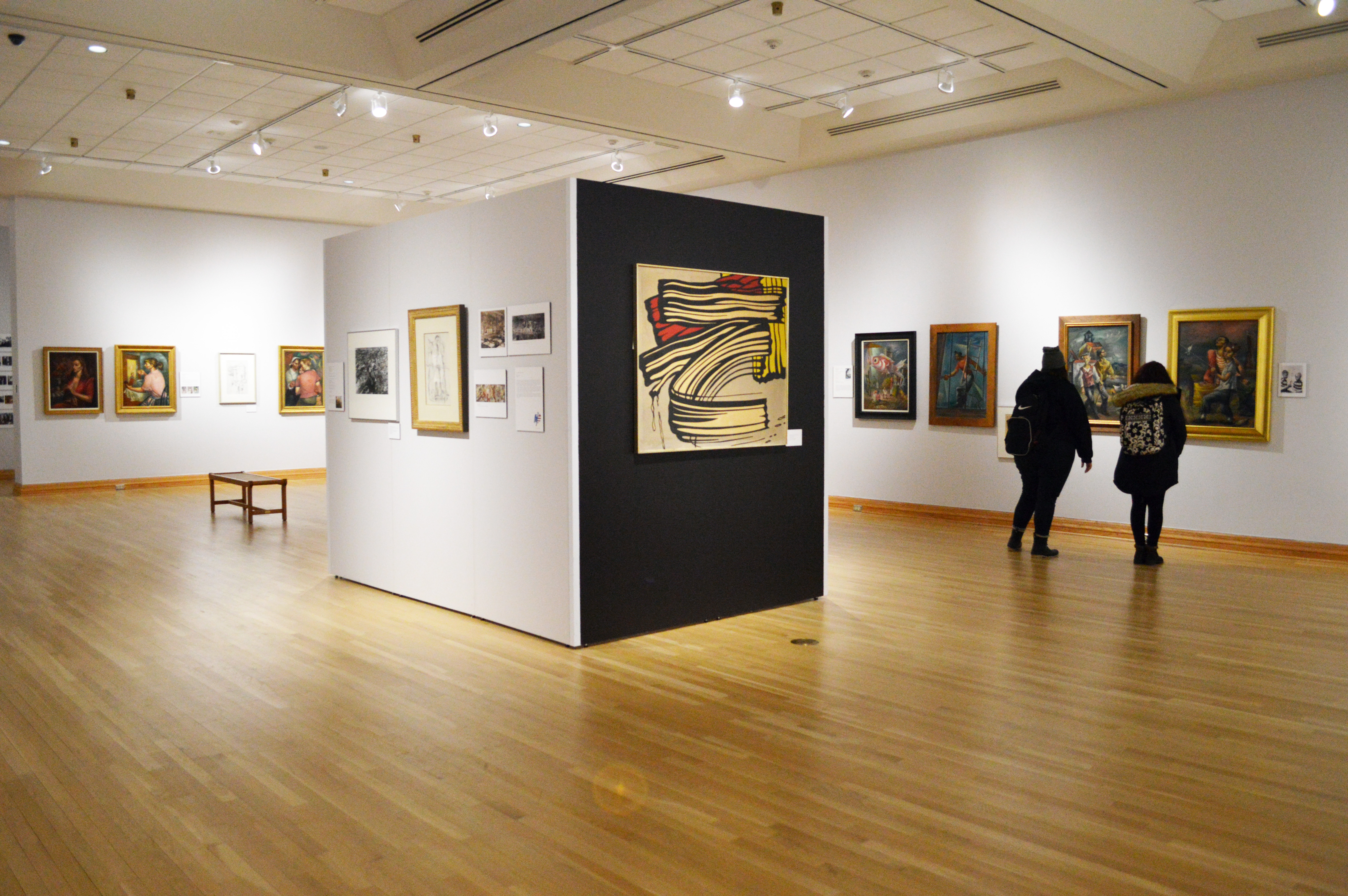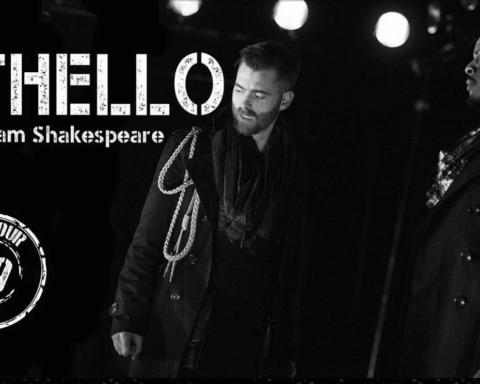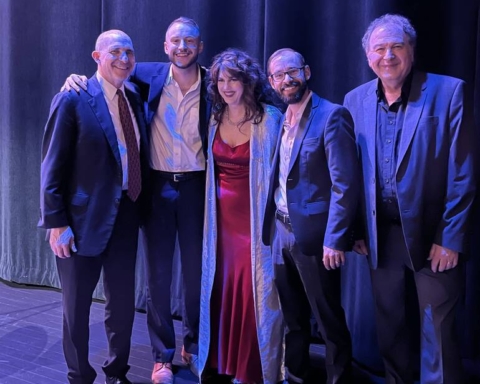The Regina A. Quick Center for the Arts unlocked the doors to its newest gallery, featuring the work of late artist Michael Lenson, on Jan. 24.
“Michael Lenson: Public and Private” is located in the Paul W. Beltz Gallery on the second floor of the Quick Center, highlighting the work of Lenson, a renowned 20th century realist painter from Galich, Russia.
From his earliest 1920s work, such as “Self-Portrait with Mandolin,” to his very last piece, “Michael and June,” the exhibition gives a look at both Lenson’s social commentaries on issues of the time and his private portrayal of friends and family members, according to Ludwig Brunner, executive director of the Quick Center.
Brunner said the Quick Center had been gifted five of Lenson’s works by the artist’s family.
Some of Lenson’s commentaries, such as “Disaster and the Pit,” highlight issues faced by coal miners, and others touch on the dangers of nuclear warfare and the environment, according to a campus news release.
According to a catalog essay by Kate Nearpass Ogden, Ph.D., professor of art history at Stockton University in Galloway, New Jersey, Lenson moved to New York at age 8, exposing him to the National Academy of Design.
After enrolling in classes at the academy, Lenson received a scholarship, leading to his overseas studies at Slade School of Art in London and the Academie des Beaux Arts in Paris.
Aside from Lenson’s impressive list of scholarly accomplishments, the essay said Lenson had also been critically acclaimed in the early stages of his career, including a positive review from The New York Times in 1933.
As with many artists, much of Lenson’s acclaim followed his 1971 death; however, Sean Conklin, assistant curator for the Quick Center, said this exhibit offers students both a unique artistic and historic perspective.
Artistically speaking, Conklin said Lenson’s approach differs from some traditional art styles, specifically in regard to Lenson’s depiction of the human form.
“You kind of see this morph of the human shape, and the skin gets this kind of bizarre coloring,” Conklin said. “It’s all this interesting change over where he’s trying to depict how he sees real life. It’s a very realism understanding…”
Historically speaking, Conklin added the situations depicted in Lenson’s paintings provide students with historical context, which he finds both personally and conversationally important.
“It’s beneficial to have a background because [art is] something that’s very universal and very easy to talk about,” Conklin said. “People like to talk about music, they like to talk about art, so, if you have kind of a broader understanding of that you’re just generally a more interesting person. People want to engage with you because you have something to bring to the conversation.”
Brunner agreed and said, aside from their visual appeal, these types of exhibits heighten students’ perspectives.
“It’s understanding different people, different cultures,” Brunner said. “You learn about history. You learn about a lot of things you don’t think about when you first look at a painting.”
According to Brunner, while this exhibit offers students a new experience, the nearly 3,600 pieces of artwork stored in the Quick Center do as well, and he said he hopes to see students visit more often.
Alana Fallon, a senior visual arts major, said she holds a similar appreciation for the Quick Center’s exhibits and said she often spends her free time admiring them.
“As an art history minor, I’m in the Quick Center quite frequently, usually twice a week at least,” Fallon said. “I’ll go to my classes a bit early to admire some of the new artworks on the way.”
The exhibit, “Michael Lenson: Public and Private,” gallery hours are 10 a.m. to 5 p.m. Monday through Friday and 12 p.m. to 4 p.m. Saturday and Sunday. Admission for the Quick Center exhibits is free and open to the general public year round.
There will be a gallery talk by Barry Lenson, the artist’s son, and an interview with him, led by Joseph A. LoSchiavo, on Feb. 16 in the Quick Center.
mcgurllt14@bonaventure.edu









